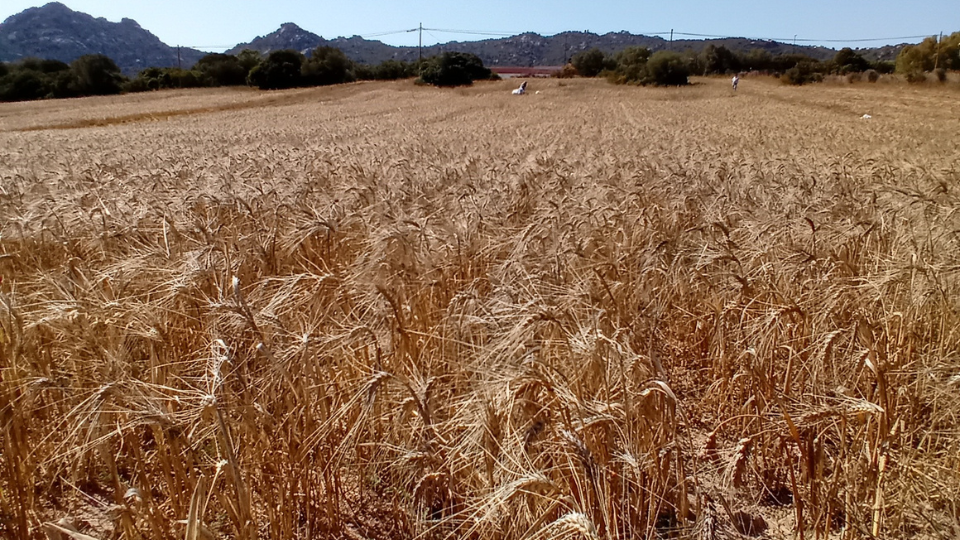Agriculture is a very important pillar of the global economy and, in recent years, is undergoing a radical transformation thanks to the introduction of precision agriculture.
Precision agriculture encompasses a range of strategies and tools to optimize and increase soil quality and productivity. This approach uses advanced technologies that enable the accurate and precise collection of a range of data. This data is then used to carry out targeted interventions at the most appropriate time and in the most efficient and effective manner.
This approach is also revolutionizing the cultivation of wheat, one of the world’s most important staple foods.
Advanced grain technology
Precision agriculture is based on the use of advanced technologies that enable real-time monitoring and management of crops. These include, specifically for wheat: soil moisture and nutrient sensors, aerial and satellite imagery, GPS or GIS positioning systems, and intelligent and automated farm machinery.
Soil moisture and nutrient sensors enable farmers to obtain real-time data on soil conditions. These turn out to be vital in being able to optimize fertilization and irrigation, thus reducing waste while improving efficiency.
In addition, thanks to the use of drones and satellites, it is possible to monitor, from above, the status of crops, identifying in time whether diseases or infestations are in progress. This is a very important feature as it allows us to limit, for example, the use of pesticides thus ensuring greater sustainability.
GPS and GIS positioning systems, on the other hand, enable the creation of field variability maps, which are used to differentially manage different areas of the land. The use of intelligent, automated farm machinery also allows for even more efficient management of field operations.
Some Benefits of Precision Farming in Wheat Cultivation
Certainly among the most important benefits of precision agriculture in wheat cultivation include:
- increased yield and quality
- Significant reduction in operating costs
- Promoting environmental sustainability
Specifically, studies have shown how the use of precision techniques can increase productivity by up to 20 percent through optimal resource management while also significantly reducing operating costs, as efficient use of fertilizers and pesticides can reduce chemical inputs by up to 30 percent, and of course from this also comes greater environmental sustainability, as monore use of pesticides preserves soil and water quality.
Future Challenges and Opportunities
Of course, as with all things, we always have benefits and likewise challenges to face. Specifically for precision agriculture, the main challenges certainly include the upfront costs of technologies and the need for staff with precise technical skills. But despite this, increasing access to low-cost technology solutions and training programs for farmers are gradually breaking down these barriers, so it is assumed that innovation will make these technologies increasingly accessible and, indeed, there will be future integrations with artificial intelligence and machine learning.
Conclusions
Precision agriculture is transforming wheat farming, offering powerful tools to increase productivity, reduce costs and promote sustainability.
This is also what we aim to do with one of our ongoing projects, AC2S, an acronym for Agriculture and Food under the Sun in Sardinia.
The project aims to transform the cereal supply chain to produce healthy, high-quality products with improved nutritional properties, while promoting environmental and socioeconomic sustainability. Expected impacts include higher quality production and storage, diversification of markets and products, as well as increased consumer satisfaction and profitability for farmers through improved supply chain management and adoption of innovative farming practices.
Read the full project here: https://www.lifely.cc/project/ac2s/

